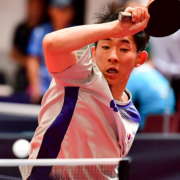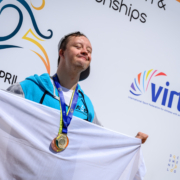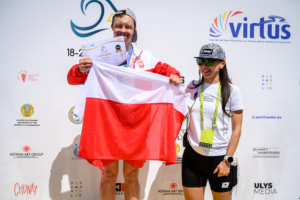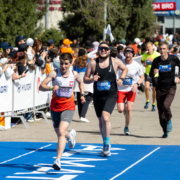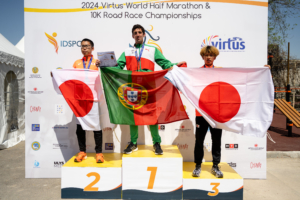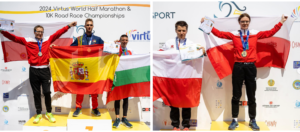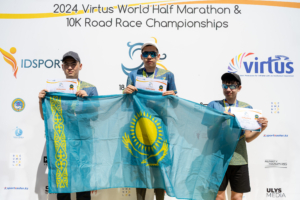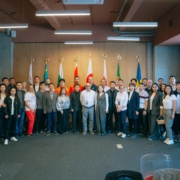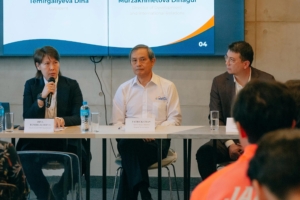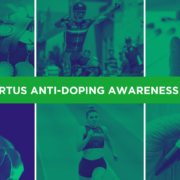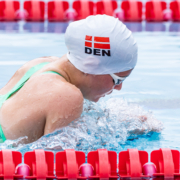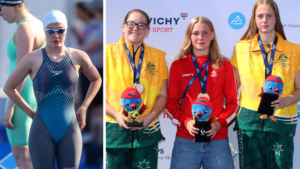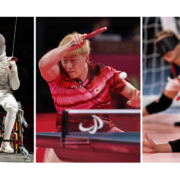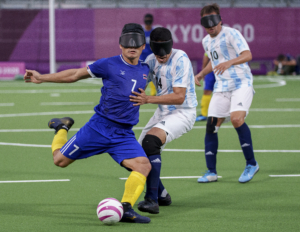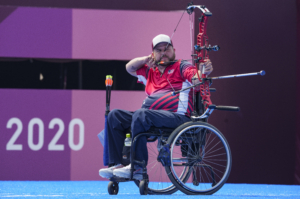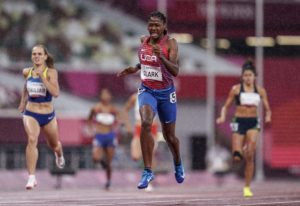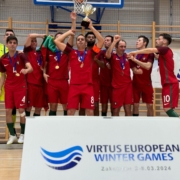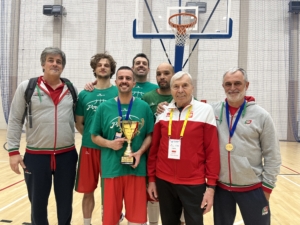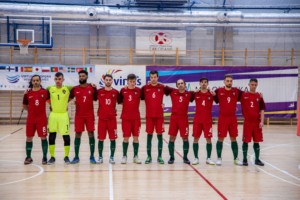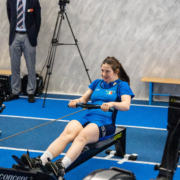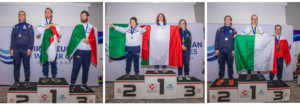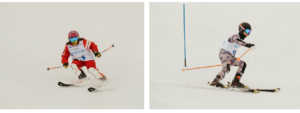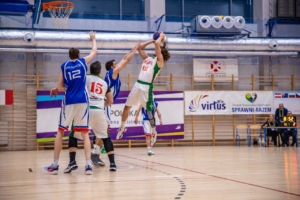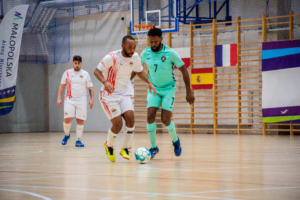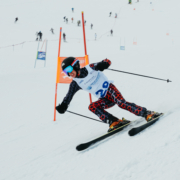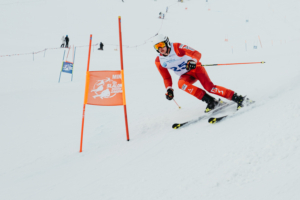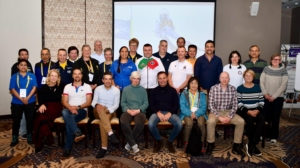Table Tennis Committee members sought (voluntary) – multiple positions
Virtus is seeking applications to join its Table Tennis Committee for the period through to Global Games 2027. The roles offer a fantastic opportunity for coaches and sports practitioners with a good understanding of elite sport for athletes with an impairment to grow sport at a national and regional level and make a direct contribution to the running and development of the Virtus sport programme internationally.
Virtus Sports Committees lead and manage our sport and competition programme. In particular they are responsible for development and growth across all regions, all aspects of competition management, rules, classification management (where applicable) and for fostering positive and mutually beneficial partnerships with International Federations.
Application process and deadline
Applications should be made using the online form giving details of your background and experience for the post.
Your application will be shared with the relevant Virtus national member organisation and an interview may be held before a final decision is made.
Applications should be sent no later than 8th June 2024.
Information about the roles
Reports to: Sport Director
Start date: Immediate
End date: Late 2027. Appointments are reviewed on a 4-year cycle, after each Global Games
Working collaboratively, Committee Members will manage the programme taking lead responsibility for agreed areas.
Key Areas of Responsibility
General
- To work collaboratively within the Sport Committee whose responsibility is to coordinate and manage the relevant Virtus sport programme
- To attend and actively participate in all meetings of the Committee
- To take responsibility for agreed tasks as designated by the Committee
- To attend events, acting as Technical Delegate where designated by the Committee
- To liaise with the local Virtus Region to deliver the sport plan and priorities
Key Skills and Qualifications (Competency)
- Has an excellent understanding of, and empathy for, intellectual disability sport and the para sport world
- Has excellent understanding of the rules of the sport and able to apply them fairly and consistently
- Has good leadership skills and is able to work effectively within a team
- Has excellent organisational, communication and administrative skills
Major Interactions
- Chair of the Virtus sport committee
- Virtus Executive Director and management team
- Virtus Regions and National Member Organisations
- Any other stakeholders including potential sponsors and dignitaries
General Requirements
- All Virtus officials must make all decisions with absolute impartiality in the best interest of athletes, sport and the organisation
- All Virtus officials must declare any potential conflict of interest and not act in association with any national or vested interest
- All Virtus officials must not abuse their positions or capacity in obtaining advantages or benefits
- There must be no association with any agencies or persons that are inconsistent with the principles of the Virtus movement and its ideals
- All Virtus officials shall promote the Virtus Code of Ethics by role modelling, peer monitoring and active peer support
- All relationships and activities with partners, supporters and sponsors must be done in the spirit of promoting Virtus

